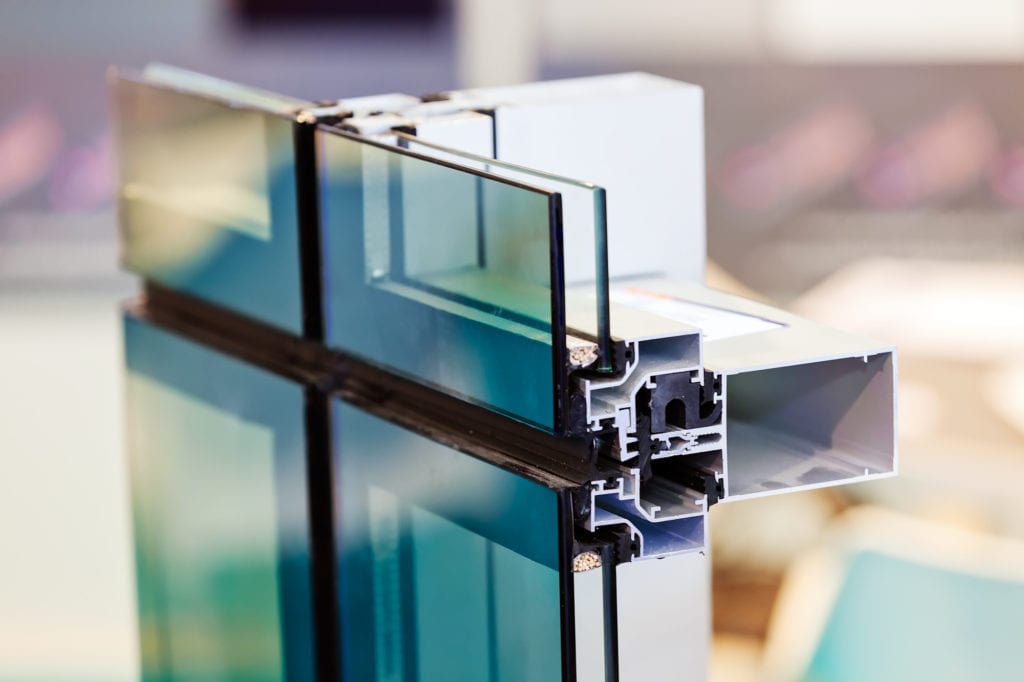All Categories
Featured
Table of Contents
Why Do You Need Double Glazing Windows In Summer? in Merriwa Western Australia
That window can transfer more solar heat in winter than in summer. A west-facing window on a summer's afternoon has an angle of occurrence from near 0 approximately 30 with a big reliable area of solar radiation. A north-facing window, in summer season, has a high angle of incidence and a low effective area of solar radiation, so can send less heat than a west-facing one.

However you can quickly and easily improve the thermal efficiency of your home by replacing your windows. This is among the most effective techniques of renovation to accomplish improved thermal comfort. There are thousands of kinds of glass and frames to choose from. Selecting the best ones is essential to enhancing the energy performance of your house.
Keeping Your Cool: The Benefits Of Double Glazed ... in Butler WA
There are various kinds of glass products to select from. Single glazing uses a single pane of glass. Single glazing with clear glass is not extremely effective when it comes to heat loss or gain. To enhance performance, you can utilize single glazing with a more energy-efficient kind of glass such as low emissivity (low-e) glass.
The energy performance of IGUs also depends on: the properties of each layer of glass. Different glass types (for example, clear and low-e glass) can be put together in an IGU.
Why Should You Have Double-glazed Windows This Summer? in West Swan WA

IGU cavities can be filled with air or a more inert, low-conductivity gas such as argon the width of the cavity. Larger cavities supply lower (better) U worths, with 12mm generally accepted as the preferred space how well the cavity is sealed.
If argon is set up to the cavity in location of air, wetness is dependably left out the level of desiccant (drying agent). The spacer (metal or polymer strip) that separates the glass layers consists of a desiccant to absorb any moisture. Insufficient desiccant may cause wetness to condense on the glass surface in cold conditions, reducing thermal efficiency.
Double Glazing Australia Blogs in Dianella WA
IGUs can deliver much better energy efficiency for all climates, particularly in heated and air-conditioned houses. Cross-section information of single, double and triple-glazing units Low emissivity glass (frequently referred to as low-e glass) decreases heat transfer. Low-e glass might be either high or low transmission: High transmission low-e glass has a finish that allows daylight from the sun to pass into the house to accomplish excellent solar heat gain, but decreases the quantity of the long wavelength infrared heat that can leave back through the window.
Low-e glass has either a pyrolytic covering or a vacuum-deposited thin film metal finish. Pyrolytic finishes are resilient and can be used for any glazing; vacuum-deposited finishes are soft and are only used within IGUs. Low-e coverings can significantly improve both U worth and SHGC; however, they must be used correctly or they will either deteriorate or fail to carry out as needed.
Does Double Glazing Reduce The Heat In Brisbane's Summer? in Beechboro WA
Low-e finishes can be utilized in combination with clear, toned or reflective glass. Low-e coverings on glazing can minimize heat transfer where required Picture: Department of Industry, Science, Energy and Resources Toned glass has colouring ingredients included throughout manufacture. It is available in different colours, usually bronze, grey, blue and green.
Latest Posts
Double Glazed Windows in West Leederville Perth
Double Glazed Windows Melbourne in Medina Western Australia
Double Glazing Companies Near Me Reviewed 2023 in Huntingdale WA